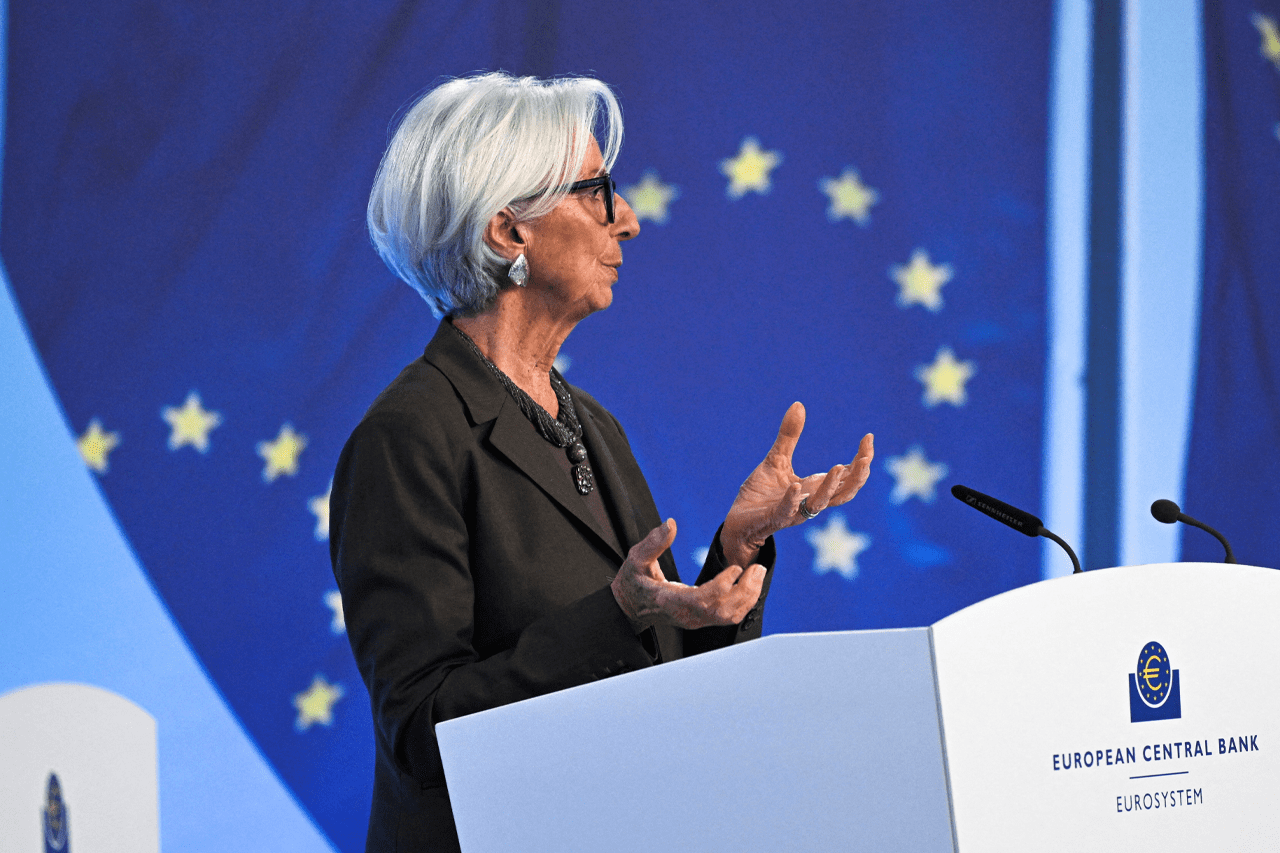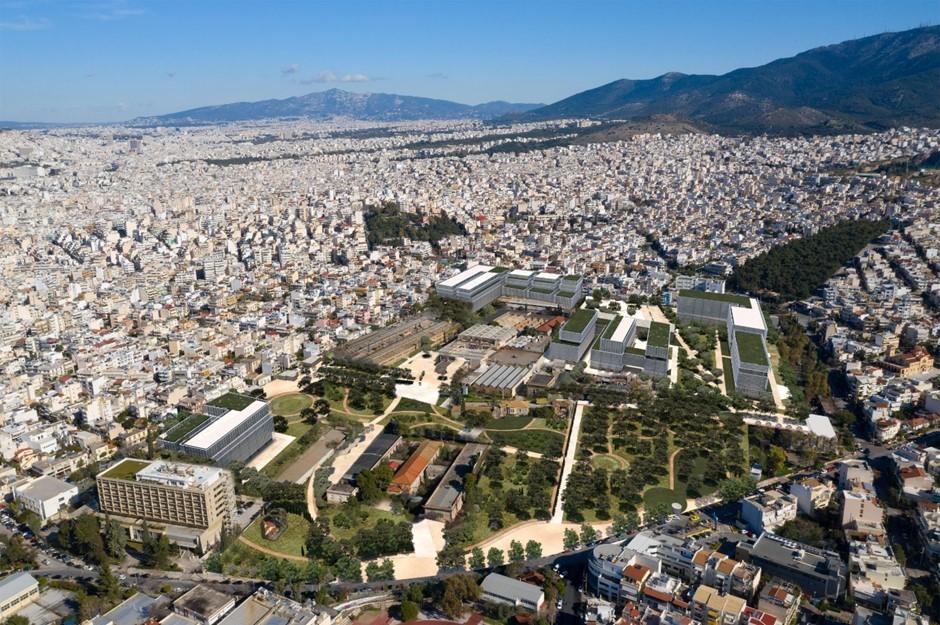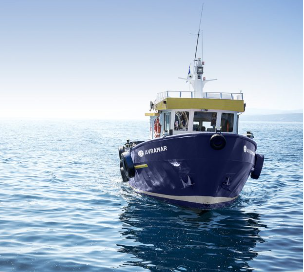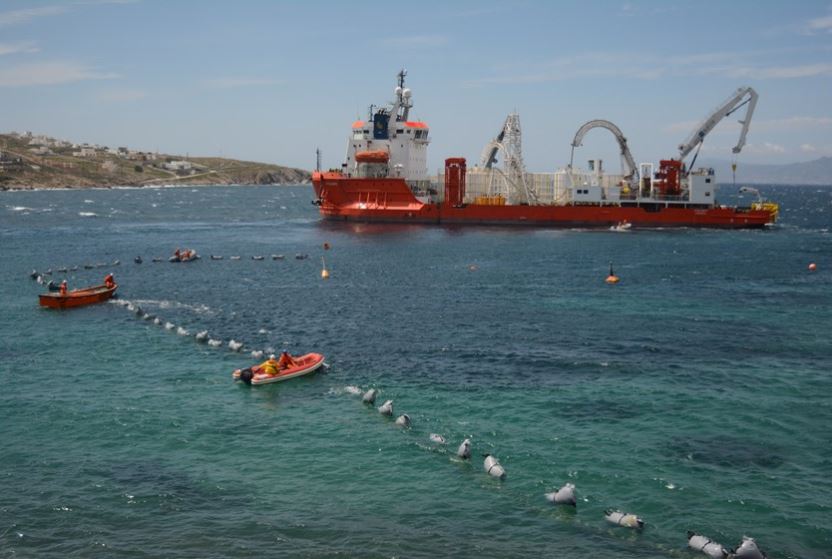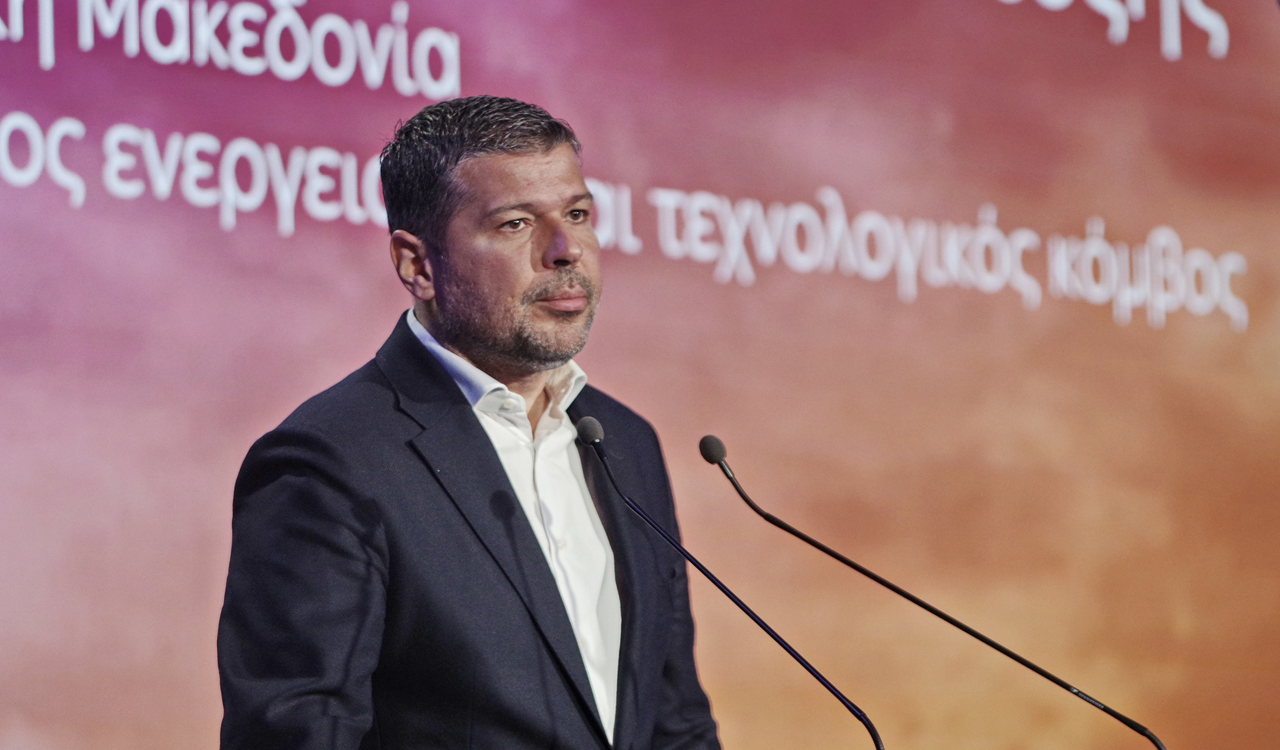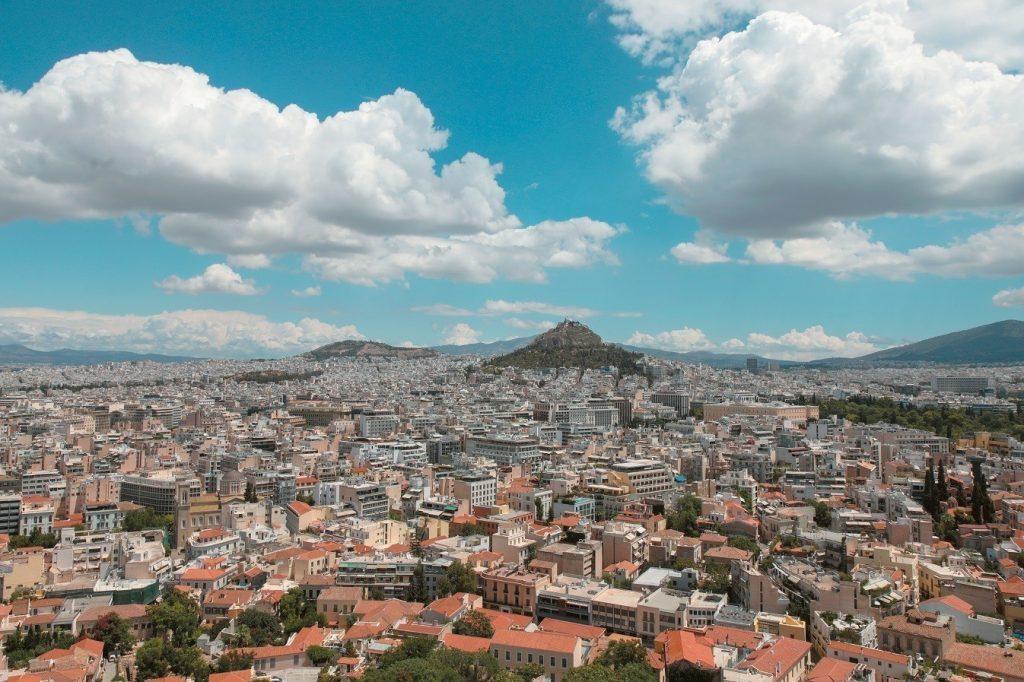Piraeus Bank submitted a request to the Ministry of Finance for the inclusion of the “Sunrise 2” 2.6 billion euro securitization scheme in the “Hercules II” state guarantee program.
With the completion of the transaction expected by the end of the year, as it is at an advanced stage, the non-performing exposures of the systemic group will fall to the level of 6.50 billion euros from the 9 billion euros today and the backlog index from 23% to 17%.
In this way, Piraeus Bank will achieve the reduction of NPEs by 31.50 billion euros from the high of 38 billion euros at the end of 2015.
Respectively, red loans ratio will fall from 52% to 17%. The goal for the beginning of 2022 is to lower it to single digits, as by then the organic treatment of bad debts amounting to 1 billion euros will have been launched.
As announced by the Finance Ministry, the State guarantee will cover the bonds of high repayment priority, worth 1.2 billion euros, which will be kept by the bank.
It is noted that Piraeus Bank is the second credit institution to submit an application for membership in “Hercules II”, for which a total of three applications have been submitted by Greek groups.
The firsts of Piraeus
With the successful implementation of the consolidation program that started in 2016 and has accelerated significantly in the last two years, the systemic group will return to normal after 10 years.
Undoubtedly, in this effort, 2021 is a milestone year for Piraeus. Within 4 quarters, 20 billion euros of NPEs will have been regulated, through 3 securitizations and other actions.
This course alone was not easy. The CEO of the Greek group, Christos Megalou, with his step-by-step moves, managed to effectively implement the bank’s transformation plan.
In order to achieve the goal of returning Piraeus to normalcy, several firsts were needed. Specifically:
1. Share Capital Increase – 1st Bank that carried out a share capital increase after the crisis in early 2021, attracting international capital and paving the way for the upgrading of the sector
2. Tier 2 Bond Issue – 1st issue of Tier 2 Bond in Greece, in the middle of 2019, after more than ten years
3. Bond Issue AT1 – 1st issue of Additional Tier 1 bond in Greece, in the middle of 2021, after more than ten years
4. Reduction of NPE – Reduction of NPE of 19 billion euros in the last 12 months, making the largest use in the industry of guarantees through the Hercules program
5. NRE Management – 1st bank in Greece that entered into a strategic partnership with an independent NPE manager in mid-2019
6. Sale of Card Acceptance Platform – 1st Bank in Greece that agreed to the spin-off and sale of the Card Acceptance platform, achieving a high valuation index
7. Synthetic Securitization – 1st Bank in Greece that proceeded with synthetic securitization of a portfolio of serviced loans at the beginning of 2021
8. Development Programs – Collaborations amounting to 6 billion euros with development funds and international organizations, the largest manager of structural resources of the European Union in Greece
9. Operating Expenses – First place in the Greek banking sector, with the largest cost reduction of about 30% in the last 4 years
10. ESG Vanguard – The only Greek bank included in the Financial Times’ “Europe’s 2021 Climate Leaders”, with the largest portfolio of green financing (including renewable energy sources), 1st Bank in Greece to provide corporate financing according to ESG criteria. First Bank to issue ESG bond and mutual fund.
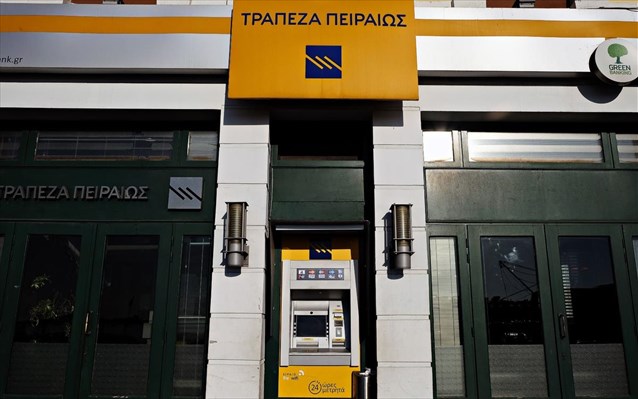



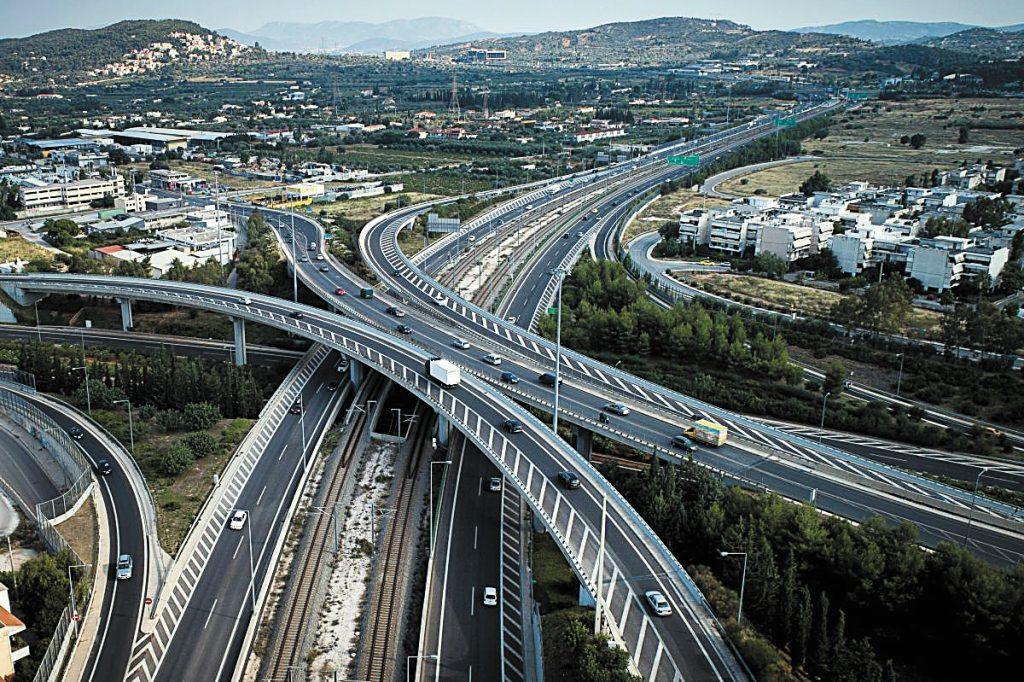
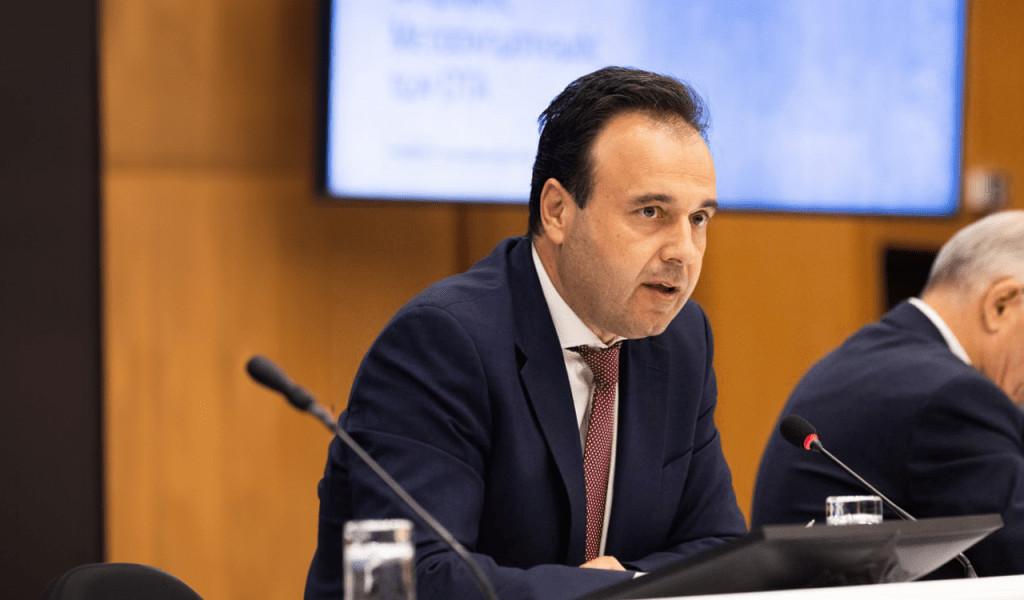


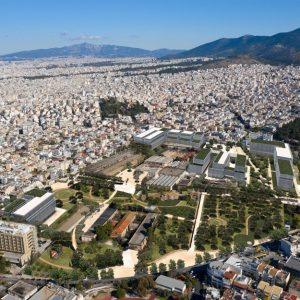







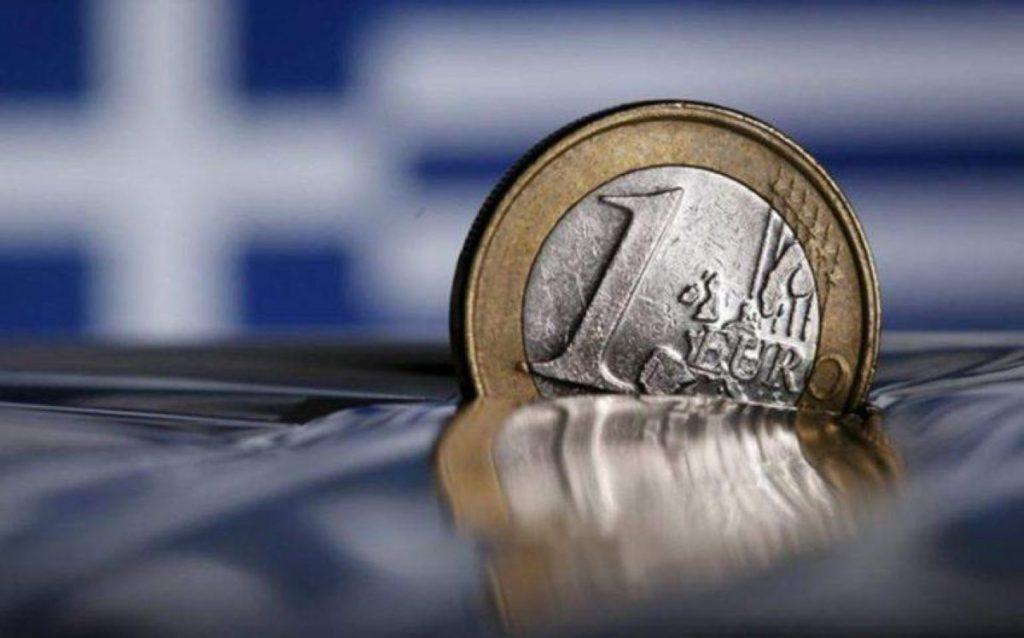
![Στεγαστική κρίση: Γονατίζει ένα στα τρία νοικοκυριά [πίνακας]](https://www.ot.gr/wp-content/uploads/2026/02/akinita26-4.jpg)
